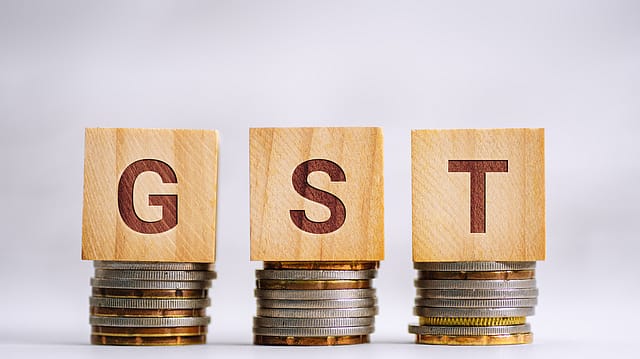GST Council okays uniform tax on utility vehicles
ADVERTISEMENT

The Goods and Services Tax (GST) Council on Tuesday said that uniform taxation would be levied on multi-utility vehicles (MUVs) and sports utility vehicles (SUVs).
The 50th meeting of the GST Council, chaired by Finance Minister Nirmala Sitharaman, decided that all utility vehicles, by whatever name they are called, will attract 22% compensation cess, an additional tax imposed over and above GST. The cess tax will be on top of a 28% tax if their length exceeds 4,000 mm, have engine capacity of over 1500 cc, and have ground clearance of 170 mm or above in un-laden condition, says the GST Council. MUVs currently attract a 20% compensation cess.
"We have expanded the scope of taxation on SUVs but not to such an extent that sedans are also included," Finance Minister Nirmala Sitharaman clarified during the press conference.
There was a request from two states - Punjab and Tamil Nadu – to not include sedans under the purview of higher cess.
This tax rejig comes at a time when domestic sales of passenger vehicles were driven by strong SUV dispatches while entry-level car sales continue to remain under pressure. "Demand for SUVs continues to be better while entry level segment is on weak footings as rural recovery is weak aided by increased financing cost," according to Deep Shah, lead analyst, Yes Securities.
Other decisions taken by GST Council
The Council decided that the GST exemption on satellite launch services supplied by ISRO, Antrix Corporation Limited and New Space India Limited (NSIL) may be extended to such services supplied by organisations in the private sector also to encourage startups.
The GST Council decided to exempt IGST on medicines and Food for Special Medical Purposes (FSMP) used in the treatment of rare diseases enlisted under the National Policy for Rare Diseases, 2021 when imported for personal use subject to existing conditions. Similarly, IGST exemption is also being extended to FSMP when imported by Centres of Excellence for Rare Diseases or any person or institution on recommendation of any of the listed Centres of Excellence.
The GST Council also clarified that supply of raw cotton, including kala cotton, by agriculturists to cooperatives is taxable under reverse charge mechanism and to regularise issues relating for the past period on “as is basis”.
The GST Council decided that on pan masala, tobacco products etc, where it is not legally required to declare the retail sale price, the earlier ad valorem rate as was applicable on 31st March 2023 may be notified in order for levy of Compensation Cess.
The Council decided to reduce the GST rate on LD slag from 18% to 5% to encourage better utilisation of this product and for protection of the environment.
The GST Council decided to reduce the GST rate on fish soluble paste from 18% to 5% and to regularise payment of GST on fish soluble paste during the past period on “as is basis”.